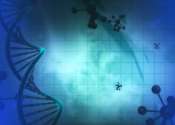Elephant genetics guide conservation
A large-scale study of African elephant genetics in Tanzania reveals the history of elephant populations, how they interact, and what areas may be critical to conserve in order to preserve genetic diversity for species conservation. ...









